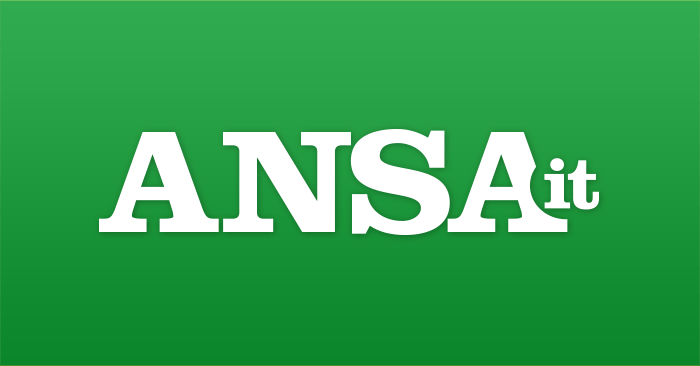Sino-Russian cooperation “has no limits”: China is renewing its strong ties with Russia despite the invasion of Ukraine and in response to Western pressure to condemn the military action required by the Kremlin. Foreign Minister Wang Yi did just that, meeting in Tunxi, Anhui, his Russian counterpart Sergey Lavrov on his first visit to his main ally since the outbreak of the crisis and the February 4 signing of the Joint Declaration “On Friendship Without Borders” signed. by Presidents Xi Jinping and Vladimir Putin. In the report of the meeting presented by Beijing, which was held on Thursday, Wang said that bilateral relations have “essentially withstood the new test of the changing international situation, maintained the correct direction of progress and demonstrated strong development momentum.” On the sidelines of the third meeting of foreign ministers of countries neighboring Afghanistan. An evening note issued by Beijing said that both sides, “have a stronger desire to develop bilateral relations and greater confidence in advancing cooperation in various fields. China is ready to cooperate with Russia, led by China. An important consensus reached by the two heads of state, to push Sino-Russian relations to a higher level in the new era.” Wang said the international situation had “entered a period of turmoil, and testified that the world was undergoing profound changes unprecedented in a century.” Call on Moscow and Kiev “to continue the peace talks despite the difficulties, to support the positive results achieved so far in the negotiations, to calm the situation on the ground as quickly as possible, and the efforts of Russia and other parties to prevent this. A large-scale humanitarian aid crisis.” Wang-Lavrov meeting ripened 48 hours after the 23rd China-EU Leaders’ Video Conference on April 1st: China’s Foreign Ministry formalized the attendance of President Xi Jinping and Prime Minister Li Keqiang as counterparts to the presidents of the People’s Republic of China. The European Council and the European Commission, respectively, by Charles Michel and Ursula von der Leyen. Brussels has made it clear that the Ukraine issue will be one of the main topics of the talks, while Beijing has expected that it wants to push to remove the deadlock over the ratification of the Investment Treaty (CAI) that has been frozen by the Strasbourg parliament. Various priorities that, given the positions that Wang reaffirmed, will not be able to find a satisfactory combination.
Reproduction is reserved © Copyright ANSA

“Reader. Travel maven. Student. Passionate tv junkie. Internet ninja. Twitter advocate. Web nerd. Bacon buff.”




